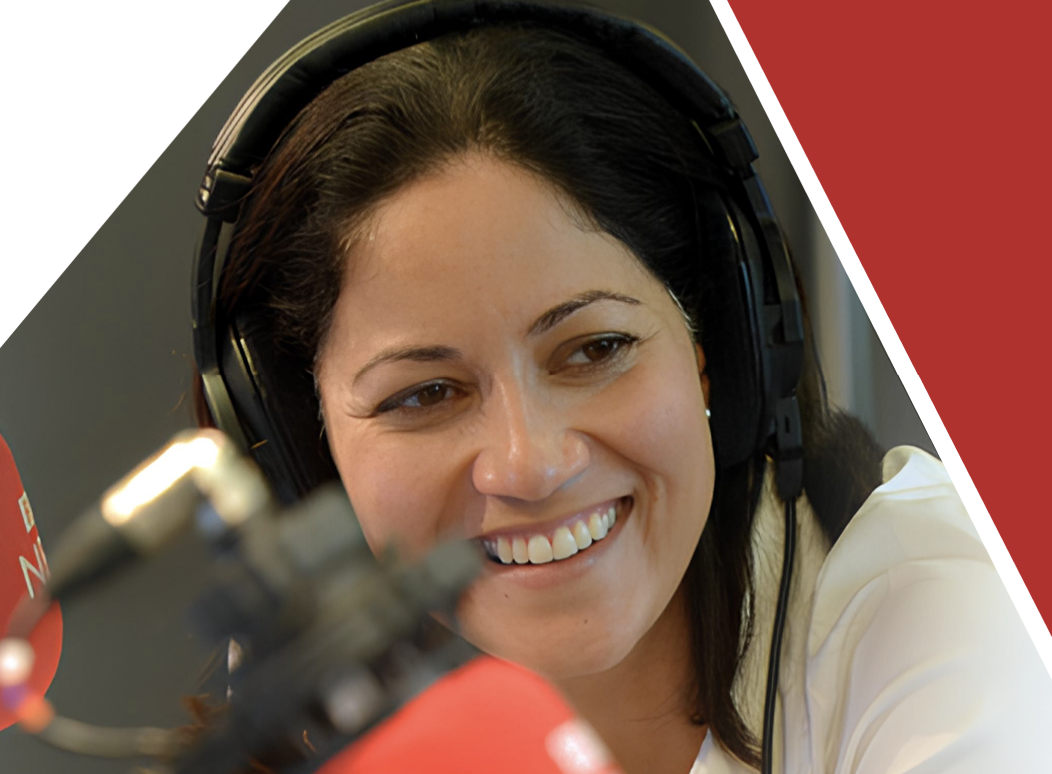A new report reveals patterns of Islamophobia, professional exclusion, and mental health impacts affecting Muslim women in the media.
Visibly Muslim female journalists are especially subject to microaggressions, stereotyping, and pay disparities.
The Centre for Media Monitoring (CfMM) published the report revealing widespread Islamophobia, toxic newsroom cultures, and mental health impacts — particularly following the media’s coverage of Israel’s war on Gaza.
The reporting around the genocide has marked a turning point for many professionals, who are considering their future career prospects within the industry.
The findings suggest that while seniority offers some influence, institutional constraints frequently compel Muslim women to conform to dominant, often Islamophobic, editorial agendas.
There was some glimmer of hope, with 70% saying they have had the opportunity to influence media narratives.
“Muslim women working in UK media are neither invisible nor passive. They are central to the narrative, even as institutions attempt to marginalise, exclude, or instrumentalise their presence,” says the report.
“This unprecedented report has evidenced that Muslim women are shaping UK journalism through intellect, resilience and courage, often in environments that neither affirm their identities nor protect their wellbeing,” it added.
In addition to survey results, the report profiles the professional journeys of 33 Muslim journalists — from leading names like Mishal Husain (former BBC Today presenter), Nesrine Malik (Guardian columnist), and Fatima Manji (former Channel 4 News presenter)
Key findings
- 92% said negative views about Islam and Muslims are embedded within media organisations
- 72% experienced direct discrimination linked to their Muslim identity
- 86% said coverage of the Gaza war negatively impacted their mental health
- 85% questioned their future in media following October 7th reporting
- 60% have considered leaving the industry altogether
- 81% believe Muslim women are unfairly represented in the media
- 35% are dissatisfied with their roles, citing tokenism and lack of progress
Key quotes from Muslim journalists
“It’s important for us to be in positions of editorial decision-making.” Neila Butt, Creative Equity Lead, Commissioning, Channel 4
“We need more Muslim women in positions of influence, not just on screen but making decisions.” Farrah Drabu, Editor & Filmmaker
“A range of cultural and socio-economic backgrounds, not just in the broadcasting side of things but also the production and off-screen side.” Nasfim Haque, Head of Content, BBC Three
“Diversity in newsrooms makes for stronger coverage. That means diversity of thought as well as background. But it only delivers if you also have a workplace culture where managers and editors are willing to listen.” Mishal Husain, Broadcaster
“It’s not enough to tick boxes. Diversity of thought, that’s the real test.” Roohi Hasan, Senior Producer, ITN
“Representation isn’t enough. The real issue is retention. Getting Muslim journalists into middle management, into decision-making roles.” Mehreen Khan, Editor, The Times
“Pay rates for freelancers have stagnated for years, even as living costs soar. Good journalism deserves to be paid for.” Shahed Ezaydi, Writer, Stylist Magazine


















